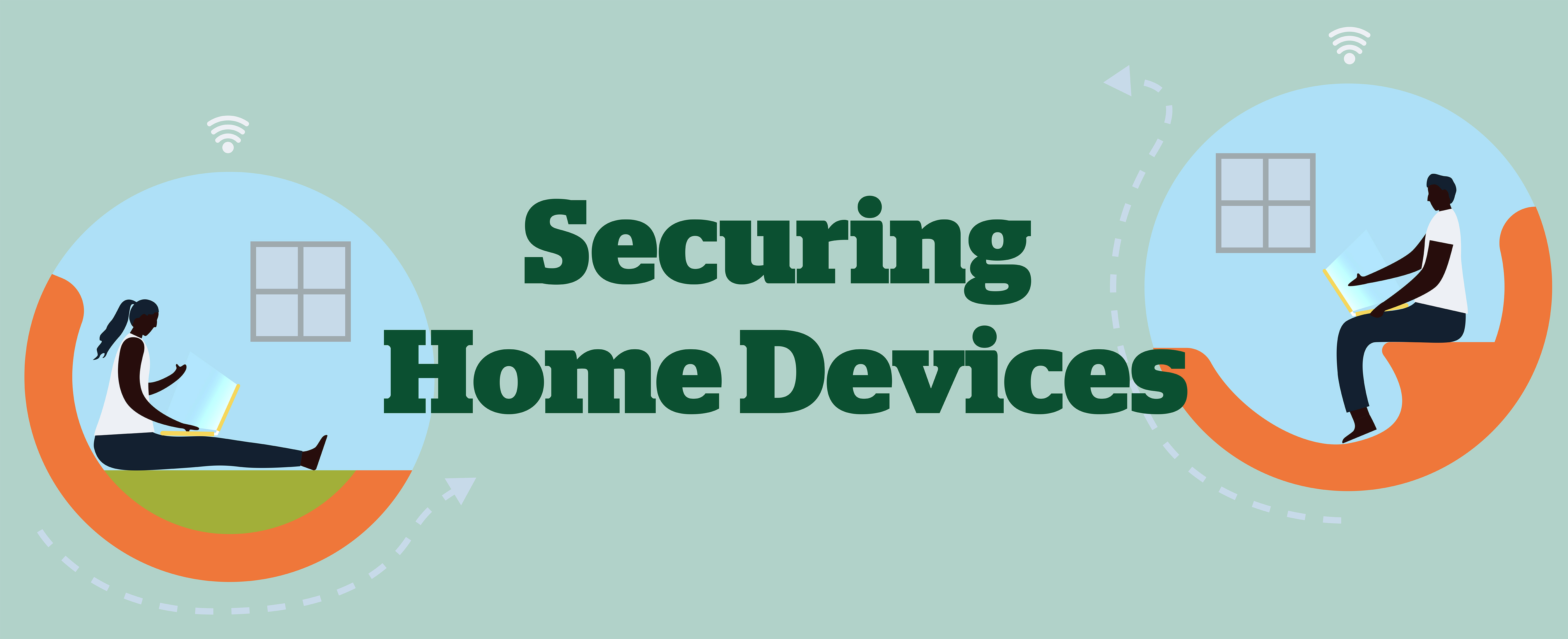The world has undergone a massive change in 2020 due to the COVID-19 pandemic, especially in how we are now living our everyday lives. More people are working from home, children are being taught virtually, and most of us are staying in our homes during the day. As a result, people are connecting to their home network, which means it is more important than ever to regularly check and evaluate your network's security.
What can you do to better secure your home network? Here are some quick tips:
- Make sure your Wi-Fi network is secure. Change your default router SSID (network name) and use WPA2 encryption for wireless routers to protect others from accessing your network. In addition, some UM systems require the use of the University's VPN. We recommend that you use the VPN if you are accessing University systems from a public network.
- Keep your device's operating systems, web browsers, and other software up-to-date. New updates often fix vulnerabilities that could be appealing to cyber criminals.
- Be on the lookout for phishing attempts. Due to the pandemic, there has been in increase in phishing attempts by cyber criminals. Bad actors take advantage of stressful times when they attack via email, phone calls, and even text messages.
- Be careful of what permissions you are giving applications. While it is very easy to just accept all permissions requests from applications on social media or applications, always question why the application is asking for these permissions. Does the application really need access to your camera, location, and/or photos?
Check out the following articles for additional tips on how to #BeCyberSmart while at home:
Have questions? We're here to help!
If you have questions about cybersecurity, or if you want to learn more about how to stay safe online, contact the Information Security Office (ISO) at: infosec@miami.edu





